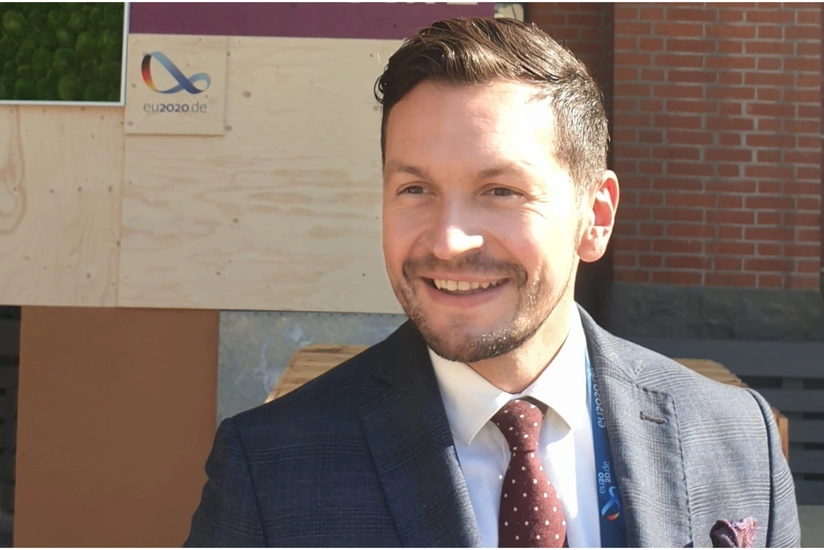Andrej Bojic: Agreements at COP29 to leave important mark on fight against climate change
- 11 December, 2024
- 08:48

The results of the recent COP29 are the best evidence of Azerbaijan's readiness to achieve climate goals not only at the domestic level but also internationally, Andrej Bojic, former Vice President of the UN Framework Convention on Climate Change and COP Bureau member, told Report.
He noted that the progress achieved in Baku is a historic achievement in the field of carbon markets.
"Nearly ten years since the Paris Agreement, it is a significant milestone to see the last remaining Article get approval to begin operating. After nearly a decade of work, countries have agreed on the final pathway to set up how carbon markets will operate under the Paris Agreement, making country-to-country trading and a carbon crediting mechanism fully operational. The agreement is a compromise that reflects the challenging negotiations that have been underway since 2015, but ultimately it is positive that there is further guidance on how Article 6 mechanisms will operate. While the final text is not perfect, it provides a degree of clarity that has long been absent from international efforts to coordinate emissions trading and carbon crediting. A well-functioning Article 6 mechanism is a critical tool in that regard," he added.
"After all, we can say that the COP29 made a historical footprint in the whole climate process. The decisions unanimously adopted on Article 6 in Baku will play a pivotal role in ensuring environmental integrity and transparency of carbon markets through real, additional, verified, and measurable emission reductions and removals, while also unleashing their enormous potential to drive global climate investment. Of course, the adoption of these decisions does not mark the end of their evolution. The Parties can continually adjust the Article 6 rulebook as they learn by doing. But with these decisions, we took a historic step forward in global climate cooperation, providing countries with a new framework for utilizing independent crediting programs (ICPs) in support of their climate ambitions. Countries now can accelerate climate action, leverage proven methodologies for monitoring, reporting, and verification (MRV), and mobilize private-sector finance to meet and exceed NDCs. For many nations, this framework also provides a practical path to finance high-priority projects, ensuring alignment with sustainable development goals while enhancing transparency in climate reporting," he said.
